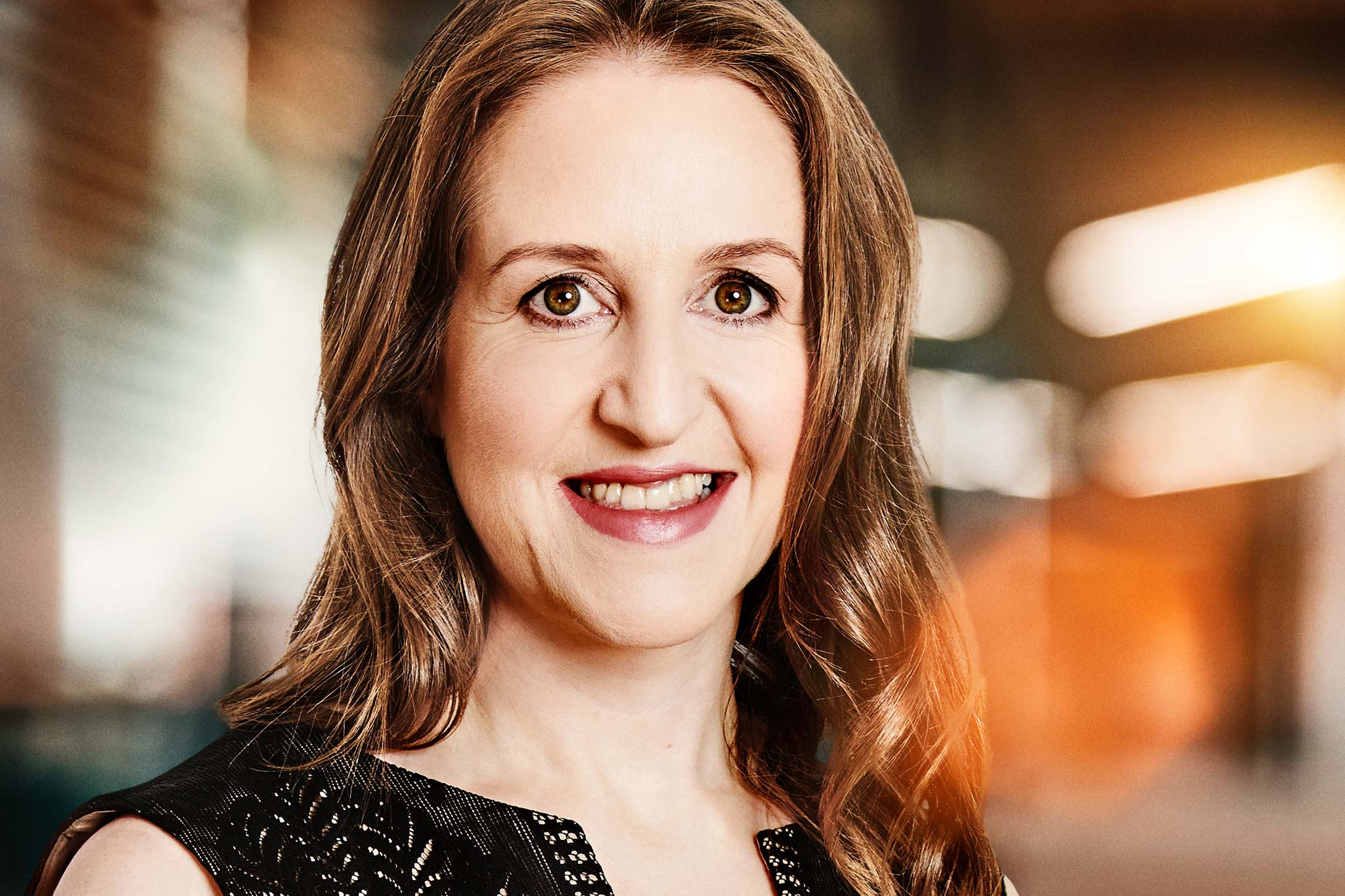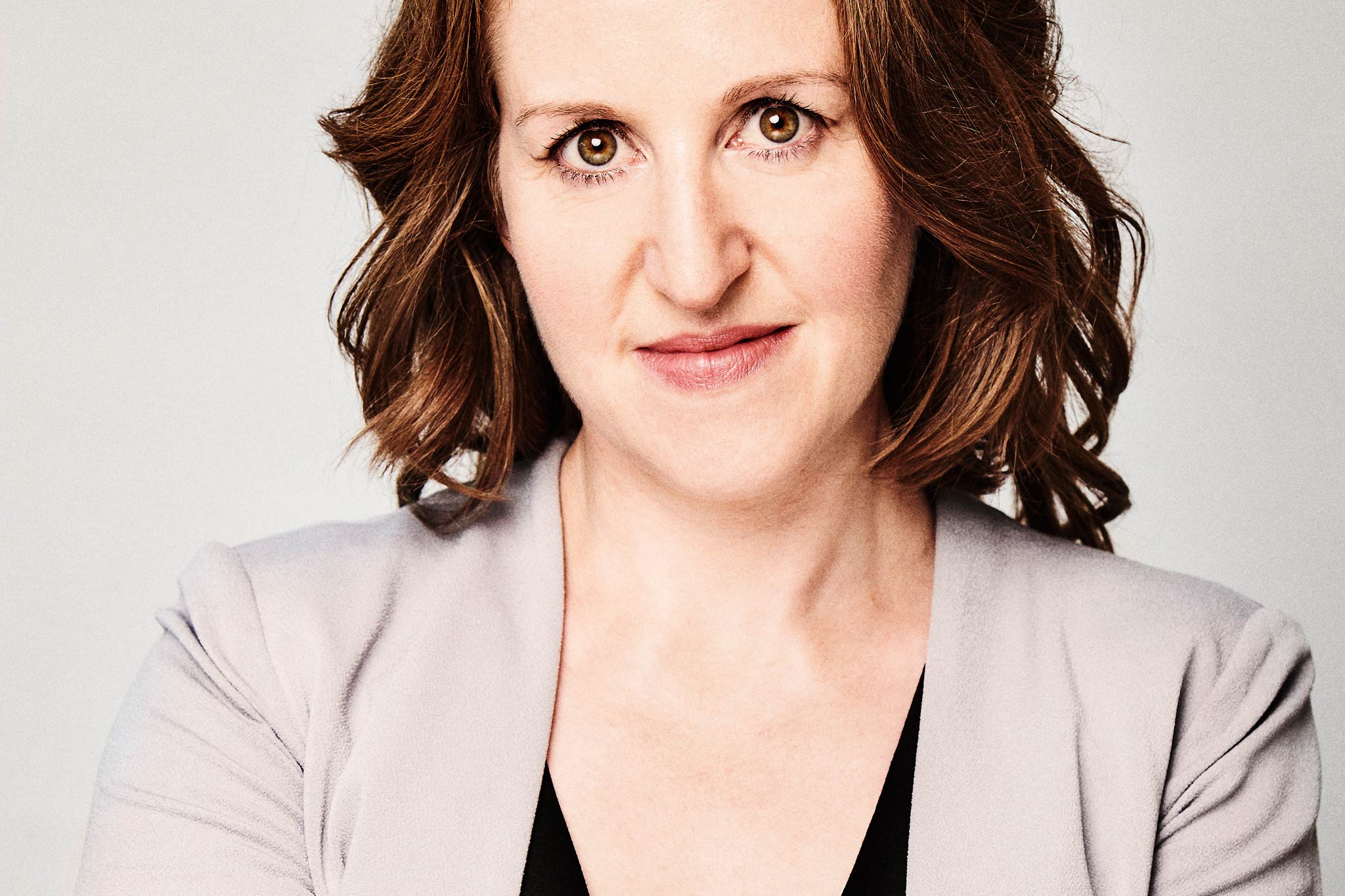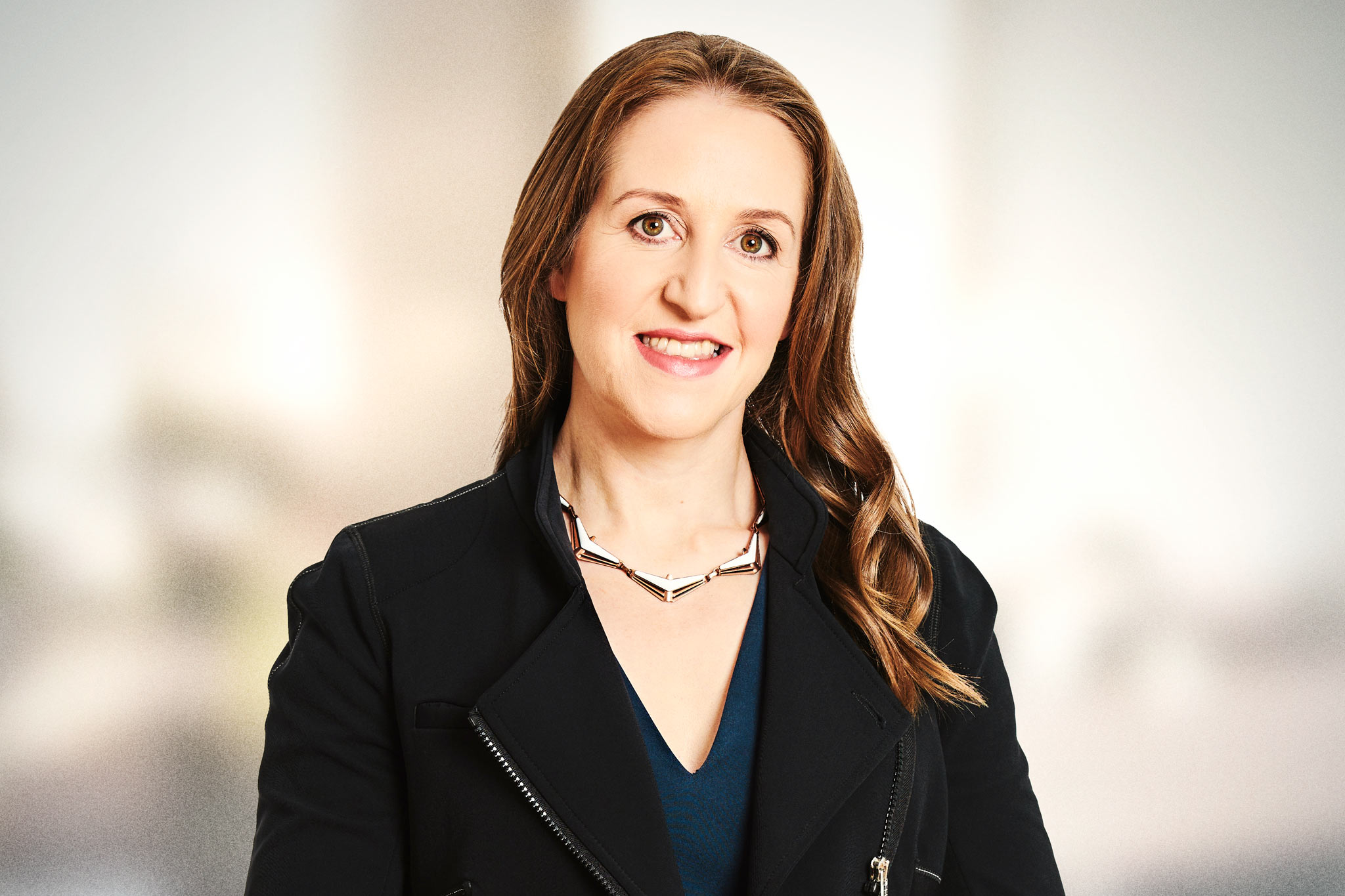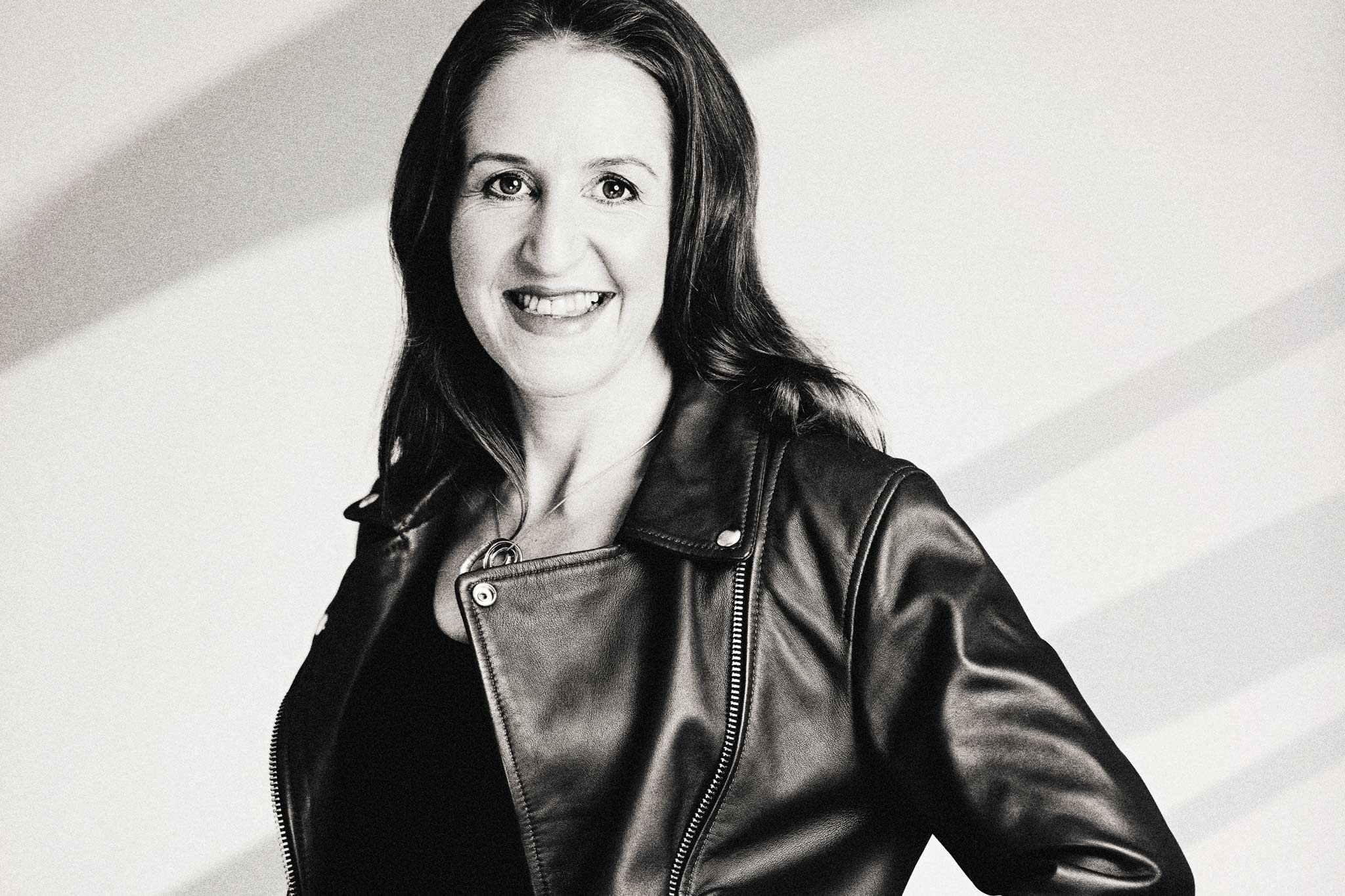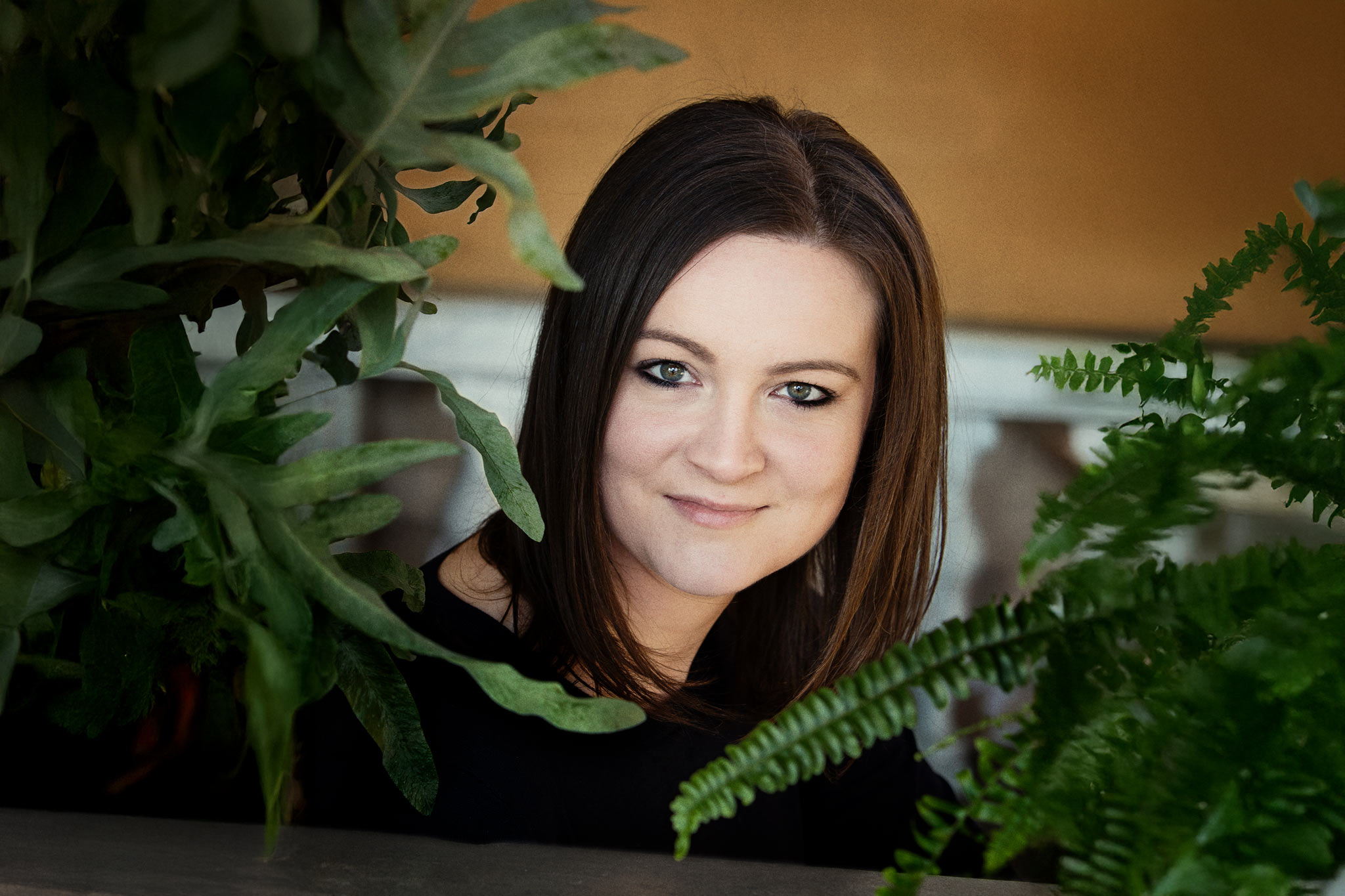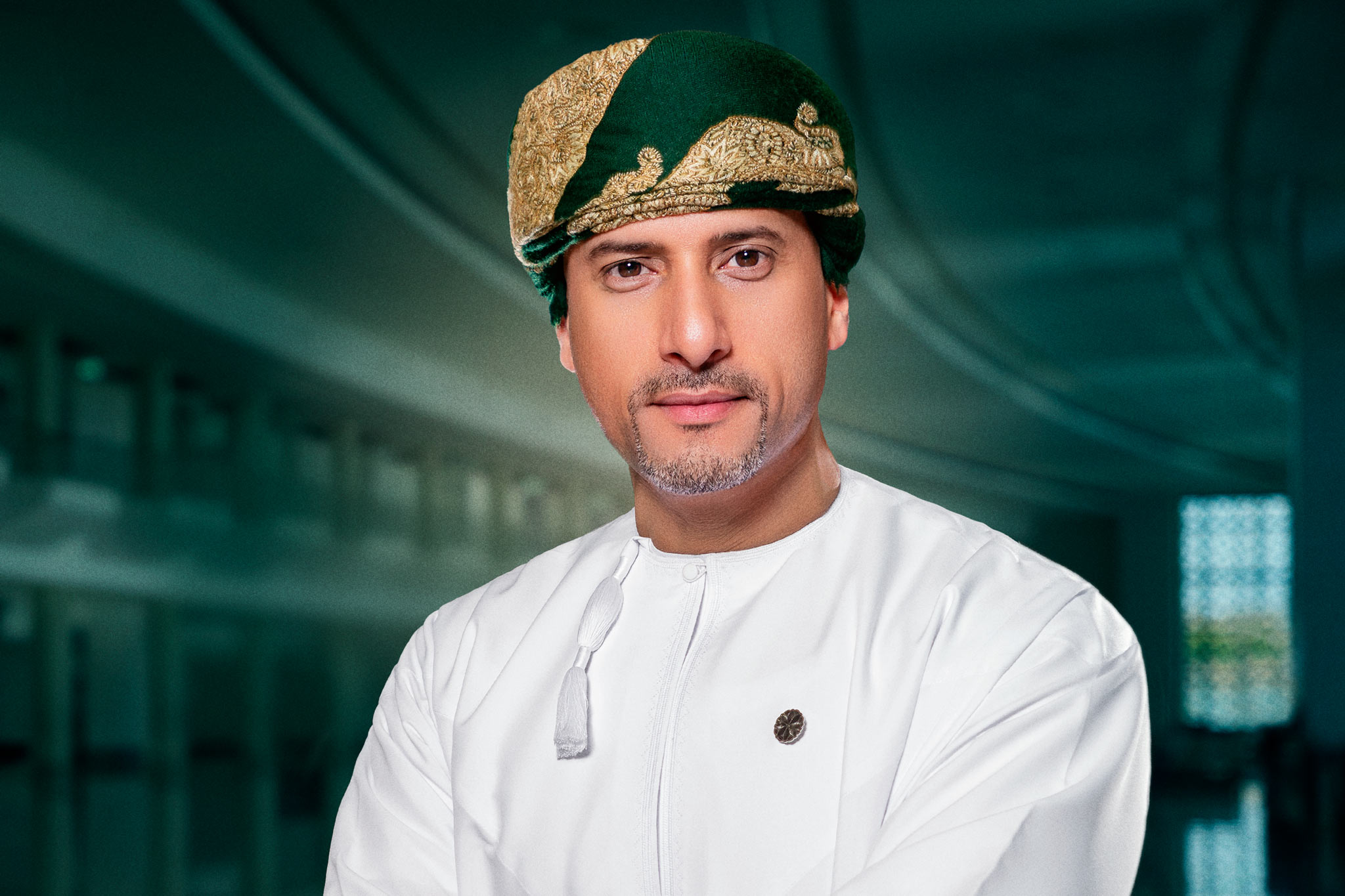Carina Bauer, CEO of IMEX Group, believes that the future of events is bright but that they, as organisers, must be determined and committed to designing more sustainable events. That requires purpose and a single vision that teams, suppliers and partners can get behind.
These elements will ensure that they remain relevant and valuable to their future customers and that events are designed to reflect the values of those they serve and the times we all live in. The pandemic has shone a light on the need and desire for human beings to meet for business or pleasure in person.
One of the things that people missed the most was the ability to have a shared experience, whether that was going to a music festival, having dinner with friends, or attending a much-missed business event.
The power of a shared experience cannot be underestimated, and whilst digital experiences partially fill that gap, deeper connection and fulfilment requires people to be physically together.
“We saw this first-hand with our international industry coming together for the first time at IMEX America a few weeks ago. At the same time, however, is a need for all of us, individuals and businesses, to consider our carbon footprint and our impact on the world.
“This will mean that unless we are designing experiences that are regenerative and sustainable, questions will be asked, and quite right too. We are all guardians of diminishing natural habitats and resources. By focusing our combined efforts on initiatives such as the 17 UN Sustainable Development Goals, who knows what positive impact we can make,” says Carina Bauer.
“So, finally, that brings me to our last trend, which is the need to design events intentionally and strategically, ensuring that the event fits the objective and that ROI, ROO and event legacy are all properly measured and reported upon.
“We’ve recently been working with the team at Valuegraphics, whose data proves that we should be designing events based on people’s shared values, not demographic stereotypes such as gender, age and ethnicity, which feed into discrimination and do none of us any favours. With knowledge like this in hand, the future looks incredibly bright and innovative for us all.”
There’s no doubt that the event tech world has matured in the past two years and, as a result, will play a bigger role in driving the direction of the industry.
In addition, we saw at IMEX America a new group of young, strategic meeting organisers who honed their skills in the digital events world and are now learning what it means to convene at an in-person gathering. This is an interesting new trend, and Carina Bauer believes we can all learn a lot from this group.
“We also saw a rise in the ‘independent planner’ segment, a direct result of the fallout from the pandemic. Expect to see more entrepreneurism, stronger personal brands (influencers) and different ‘tribes’ making their voices heard, both as attendees and planners.”
“There is a global need to continue bringing people together face to face to advance research and science”
Carina Bauer considers everyone in our industry to be part of the extended family in terms of partnerships. Strong personal relationships are at the heart of IMEX, and they continue to work very closely with their established and new partners.
IMEX works with organisations such as Meetings Professional International (MPI), International Congress and Convention Association (ICCA), the German Convention Bureau and Events Industry Council since the first IMEX in Frankfurt 2003. Those industry ties have remained strong, a fact they are proud of.
They have also established relationships with new organisations such as Tourism Diversity Matters (where her father Ray Bloom is on the Board of Directors) and the Meetings Mean Business coalition.
“Increasingly, we’re being asked to partner on important pieces of industry research, including with the GDS Movement, MMGY Travel Intelligence and Valuegraphics.”
Many people are today discussing ‘the new normal’, as it is often called. How does Carina Bauer interpret ‘the new normal?’
“I would say that our new normal is really about adaptability and flexibility. We have learnt over the past two years to take nothing for granted. We’ve learnt that we need to be able to react and adapt to situations beyond our control, and we’ve learnt that we can make changes quickly and at much shorter notice if we choose to. Don’t let perfect get in the way of progress.
“We now understand how important it is to have a strong company culture, one with clear values, a clear vision and genuine engagement from all staff. You can’t buy this. You can only build it over time. And it’s something that’s earned; it cannot be commanded.”
When we at Meetings International talk to CEOs/MDs of large venues (hotels with conference and convention facilities or convention centres with exhibition grounds), almost all of them tell us the companies and associations will do the same as ever before.
Like, for example, big dinners, or invited speakers. And that they will be coming back, even more vital, to celebrate when it is possible to meet again. But almost nobody claims there’s going to be fewer big meetings, fewer exhibitions, etcetera.
There are just a few CEOs/MDs talking about hybrid meetings and hybrid dinners. Will exhibitions/organisers like IMEX still have their place in the marketing mix? How will it develop in the next five to ten years?
“Hybrid will have its place in the event ecosystem, but hybrid can mean many different things, and there is no ‘one size fits all’. Each event owner must review the needs of their clients and customers and assess whether a hybrid approach will deliver enhanced value or not.
“We should be designing events based on people’s shared values, not demographic stereotypes”
“The hybrid experience allows for an event to extend its reach, but the experience of the digital attendee is never the same as that of the in-person. So, careful consideration has to be given to the design and appeal of hybrid. There are also important skills, talent and resources impacts when running hybrid events, and these should not be overlooked.
“In terms of tradeshows like ours, I believe that we are more critical than ever in the marketing mix, and this belief is borne out by what I experienced at IMEX America in Las Vegas in November.
“We heard several stories of suppliers making a point of coming to the show to confirm new, large contracts with exhibitors because they wanted to share the news in person.
“The ability of our global industry to come together in one place is so important for driving business, for advancing knowledge and inspiring each other.
“And, when a global community can meet in one place, at one time, it is both more sustainable and more efficient use of time than many thousands of smaller meetings and business trips taken continually throughout the year. Beyond that, the sheer joy of people being together again was heartening to watch.”
Looking into the nearer future, how will IMEX Group enter the 2030s, and what are the key roles that define IMEX in the future?
“We’ll enter 2030 much more sustainable and regenerative. We’ve signed up to the industry’s net-zero pledge that follows the COP 26 guidelines of reducing carbon emissions by 50 per cent by 2030, for instance.
“The main areas that we’re looking to transform include a focus on data analysis, customisation and more personalised and digital services, industry research and trends, as well as continuing to prove the value of face-to-face business interactions, especially the legacy value that business events can bring. Advocating for the economic power and importance of our industry has never been more important too.”
Asked about her visions, missions, and passions for the industry and for developing IMEX and our sector at the same time, Carina Bauer says they have always been passionate about their mission. Their sole aim is to unite and advance the meetings industry, doing everything to educate, innovate and connect the community.
The purpose is to help their clients and partners make more profitable connections and create even better events, meetings and experiences both now and in the future. Their goals are quality, inspiration and collaboration.
These values were their guiding light throughout 2020 and early 2021 and led them to create the virtual platforms PlanetIMEX and the IMEX BuzzHub. They also focused on them internally, which led to sweeping transformations within the business in data analysis, event registration, education and professional development and more.
“Don’t let perfect get in the way of progress … All risks pose opportunities for growth and development”
“At the same time, we are a sector that must be at the forefront of the regenerative revolution and showcase how we can bring people together in person in a more sustainable way.
“It’s imperative that we do this since there is a global need to continue bringing people together face to face to advance research and science, negotiate issues that will determine the future of the planet and advance the business success of all types.
“It is both our opportunity and our challenge to find a way to achieve these goals in a way that no longer harms the planet.”
Asked if this will change the business models for global exhibitions, Carina Bauer answers:
“At the heart of any exhibition is a marketplace, bringing suppliers and buyers together to do business. This won’t change. We expect to see small shifts and continuous improvements, but face-to-face marketplaces have existed for thousands of years, and for a good reason – they work.”
When asked how she looks at turning future risks into advantages, she says:
“All risks pose opportunities for growth and development. The way to turn a risk into an advantage is to look at it directly, not be fearful of it, but to confront it with honesty and respect. Only then will you be able to work through the opportunities it presents.”
The former Politicians Forum becoming Policy Forum will bring some national innovators and industry thought-leaders together to discuss and influence future business events related to policymaking and strategic management. The next Policy Forum is scheduled to take place in Frankfurt next April.
“Last year, we held a Virtual Advocacy Discussion, bringing together 50 leaders from convention bureaux at city and country level, convention centres and industry associations.
“The subject could not have been more topical: how best to communicate the value of business events to destinations and their citizens, and what are the most important steps for the business events industry to take post-pandemic?
“Breakout discussions centred on the response of policymakers to the challenges faced by the business events sector. A panel discussion shared insights into how the pandemic has shifted perceptions of business events among citizens and policymakers. Points covered included how citizens’ concerns about lack of visitors to their cities have resonated with policymakers and how the rapid switch to digital events has shown the adaptability of the sector.”
“Advocating for the economic power and importance of our industry has never been more important”
Other panel discussions covered the need for industry reinvention to avoid being perceived as a segment of the visitor economy, building partnerships at a local and regional level, and the importance of complex data and performance comparisons with other destinations to drive government response.
“Above all, the last few years have shown us all that political advocacy is both a skill and an investment. It’s not nice to have but a discipline and a practice that needs to be year-round and properly resourced.”
IMEX is doing some excellent cooperations in projects like She Means Business and the GDX Index. Carina Bauer highlights some other projects and explains their importance:
“Earlier this year, we launched a series of in-depth research reports into various elements of sustainability including the Regenerative Revolution, supported by Marriott International, which details the principles and power of the circular economy.
“It argues that sustainability is no longer enough given the rate at which humans are depleting the earth’s resources and driving thousands of species to extinction.”
IMEX is currently also working with MMGY Hills Balfour and MMGY Travel Intelligence Europe to design and field a 2021/22 survey titled A Portrait of European Meetings and Convention Travel: Perspectives from travellers and planning professionals.
This survey is designed to investigate beyond existing parametres, examining meeting planner sentiment and attendees’ preferences.
“Looking ahead, we’ll also be working with Event MB, our Official Tech Media Partner, exploring the metaverse, 3D and VR technologies.
“These are exciting times for our industry. It feels as though we’re finally coming out of a long dark tunnel. There’s light ahead. Let’s move towards it as a collective and cherish the power of collaboration rather than competition.”
